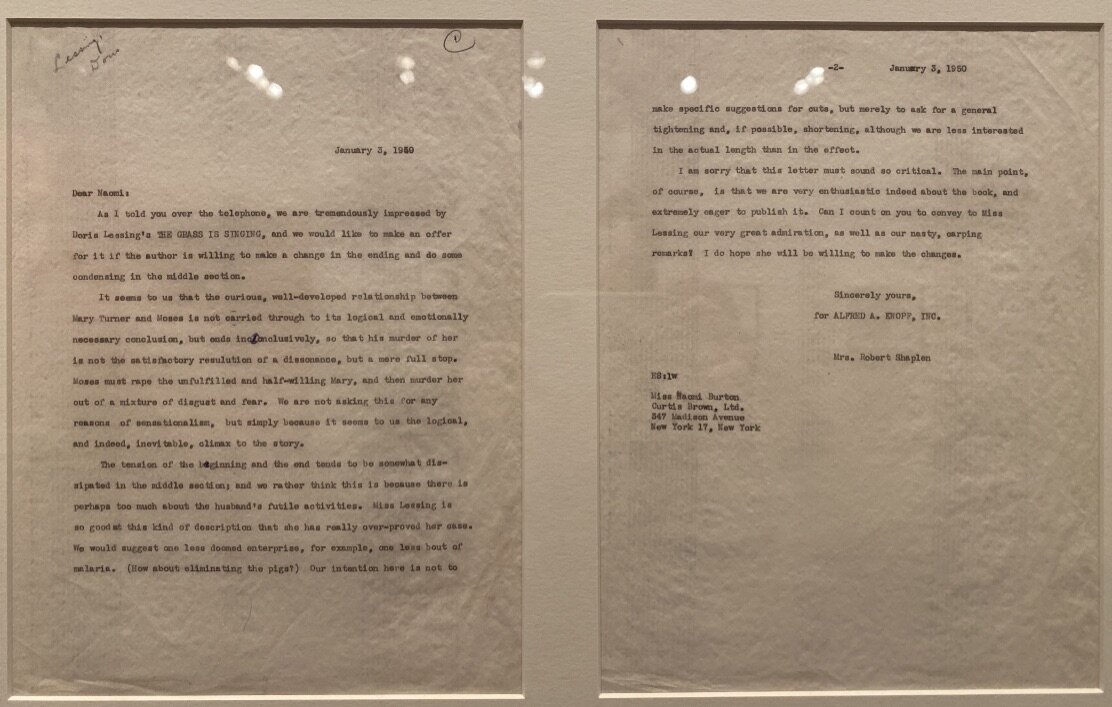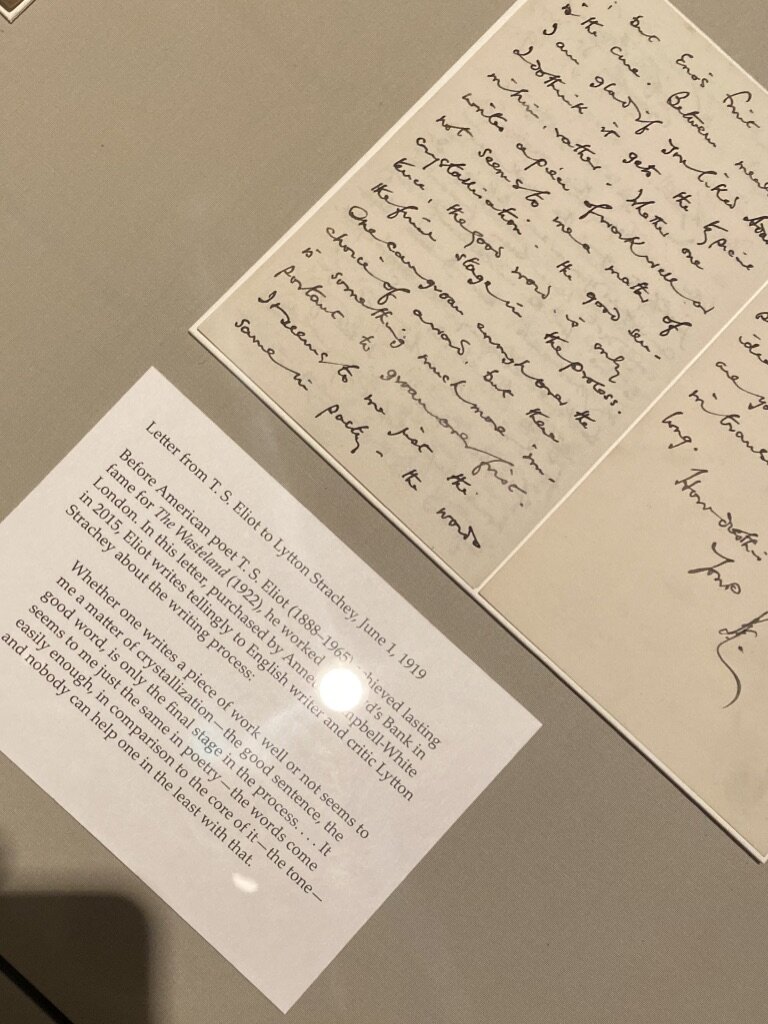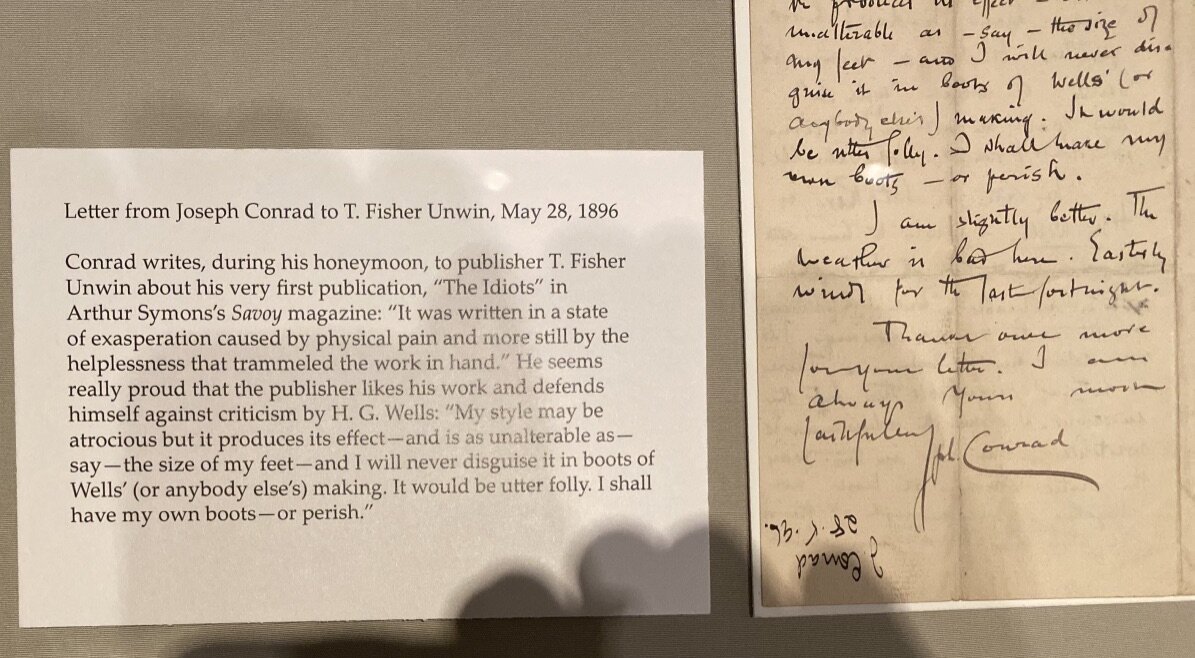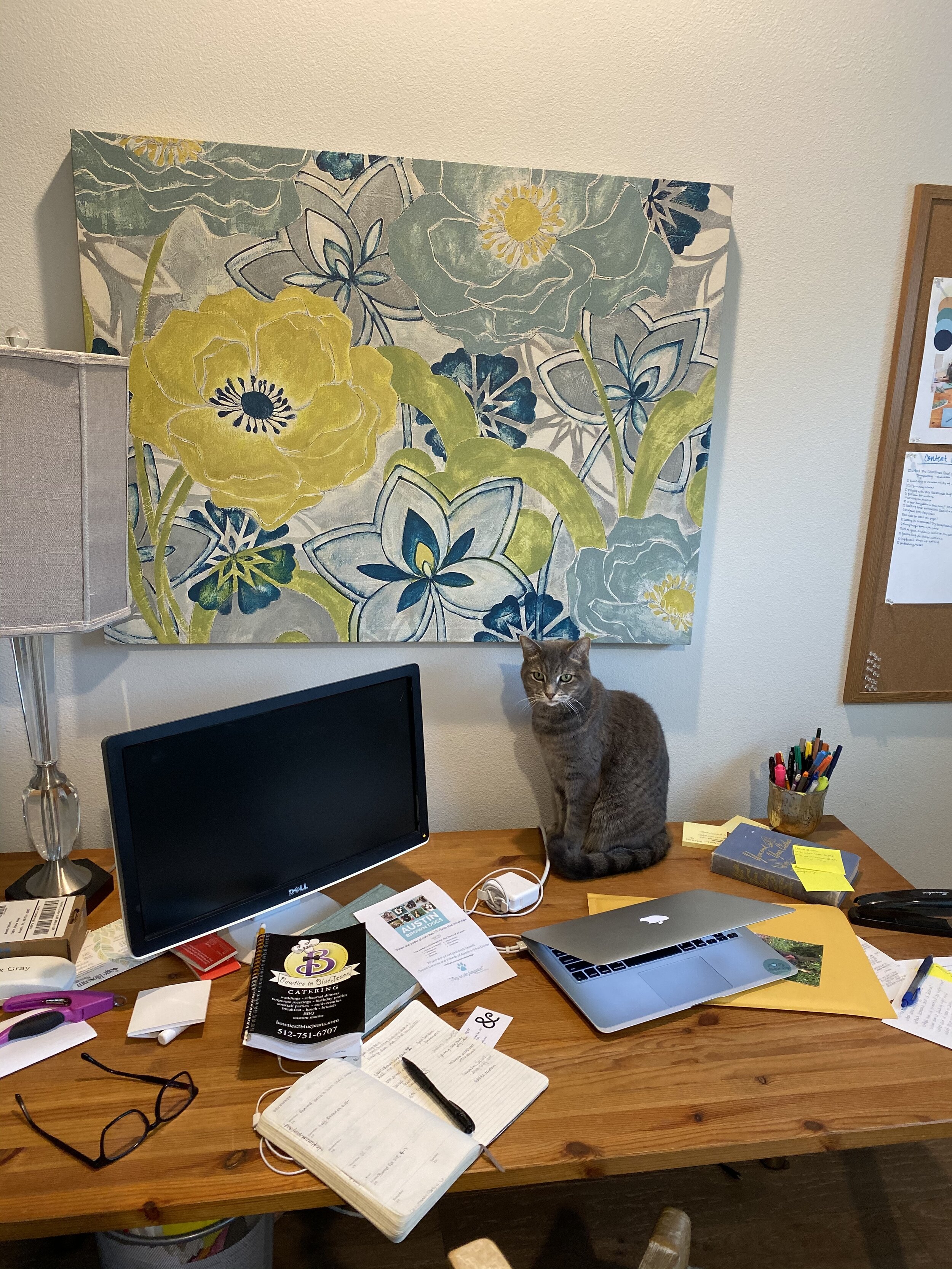As writers, we often put a lot of pressure on ourselves to produce content. We challenge ourselves to write X words per day or Y pages per week, moving steadily toward our goal of a finished manuscript. I firmly believe in setting those goals and committing to put in the work to achieve them—that’s the only way to turn our writing into a discipline instead of just a hobby. But raise your hand if those goals ever feel like just another source of pressure in your already hectic life.
I thought so.
When we’re constantly writing under pressure, it turns into something we do out of fear of failure—no longer out of joy or passion. And that’s why self-care is so important for writers.
Now, I know self-care is a trendy topic these days, and too often it’s about nothing more than luxurious procrastination techniques: bubble baths, manicures, shopping trips, etc. And while I’m all for indulging in those activities, I feel like their effects are short-lived. I may feel great when I’m in the salon getting my nails done, but when I get home, I’m right back where I started, with my mile-long to-do list, no new inspiration, and two fewer productive hours in my day.
So I wanted to share some self-care suggestions that I’ve found to provide lasting benefits—for my mindset, my energy, and my writing stamina. (As a note before we get started, I’ve recently begun experimenting with affirmations to help me stay in a positive, productive mindset and brush off anxiety. You can pair affirmations with any of the suggestions below, and this article from Relax Like a Boss is a great introduction!)
1. Get Inspiration from Your Fellow Artists
Do give yourself a break, and do get out of the house, but make an effort to use that time for something that will feed your inspiration. Museums, readings, and art fairs are all fantastic opportunities to kick your creative brain into gear, think carefully about craft, pick up some new perspective, and reignite your passion for creating—all without the pressure to produce words on the page right this moment.
Here in Austin, the Harry Ransom Center—UT’s humanities research center—is a perfect source of writerly self-care and inspiration. Their rotating exhibits of notes, research, and ephemera from their extensive collection provides a fantastic look into the creative process and a reminder that, even for the greats, writing isn’t easy.
Here are a few gems from my most recent visit.
2. Declutter Your Desk & Your To-Do List
I don’t know about you, but when I’m surrounded by clutter, I find my productivity goes down the drain. Instead of focusing on my work, I focus on the clutter, giving fragments of my attention to a dozen little things, getting very little done—and certainly nothing done well.
If you can relate, then decluttering may be the best self-care gift you can give yourself.
Start with Your Workspace
File or recycle all those old papers and receipts. Put away the reference books you’ve finished with, the markers you haven’t used in days, the dog toys you’ve confiscated…whatever’s calling attention away from your work, get rid of it.
Fell better? Good. Don’t stop there.
Now, if you haven’t already, add the warm, personal touches that make your workspace somewhere you’re excited to be. Photos, candles, inspirational quotes…whatever will make you look forward to sitting down in your writing space.
Here are a couple photos of my desk. I’m sure you can decipher the ideal, uncluttered state from the everyday state!
Then, Move on to Your To-Do List
One of the biggest obstacles to meeting our writing goals is often finding the time—or, once we finally find the time, finding the energy for anything other than Netflix. I’ve found the same principle applies to the to-do list as to the workspace. The more clutter, the less focus and the more stress.
So take a good look at your to-do list, and see if you can remove three items that don’t really need to happen today (or this week, or ever). Are there appointments you can cancel? Choose you can delegate or postpone? Be selfish. Be ruthless. Your time and energy are limited, so don’t be afraid to take them back.
Now, look at your newly pared-down to-do list, and give yourself an hour to knock off as many of the small, niggling tasks as you can. (You know the ones—the ones that won’t take that much time or energy, but you don’t want to do them, so instead you let them fester in the back of your brain.) Get rid of them, and clear out the brain space for the work that really matters: your writing.
Oliver, ready to take on the day after a morning run.
3. Exercise
I know I’m late to the party, but I’ve recently discovered how great exercise can be as a self-care tool, not only keeping me healthy in the long term, but also providing me more energy and mental clarity in the short term. When I’m feeling anxious or sluggish or foggy, getting up and moving works wonders for my mental clarity.
For me, a jog with Oliver is the best way to clear my head and boost my brain. It’s ideal if I can get up and start my day that way, but if not, a midday jog is a fantastic way to propel myself into a productive afternoon.
And it’s not just me. Studies have shown over and over that exercise has a powerful effect on alertness, concentration, and cognitive function, reducing stress and anxiety, to boot. So if you need a self-care boost, get up, get outside (ideally), and get moving. You’ll make up the time with increased productivity when you get back to work.






